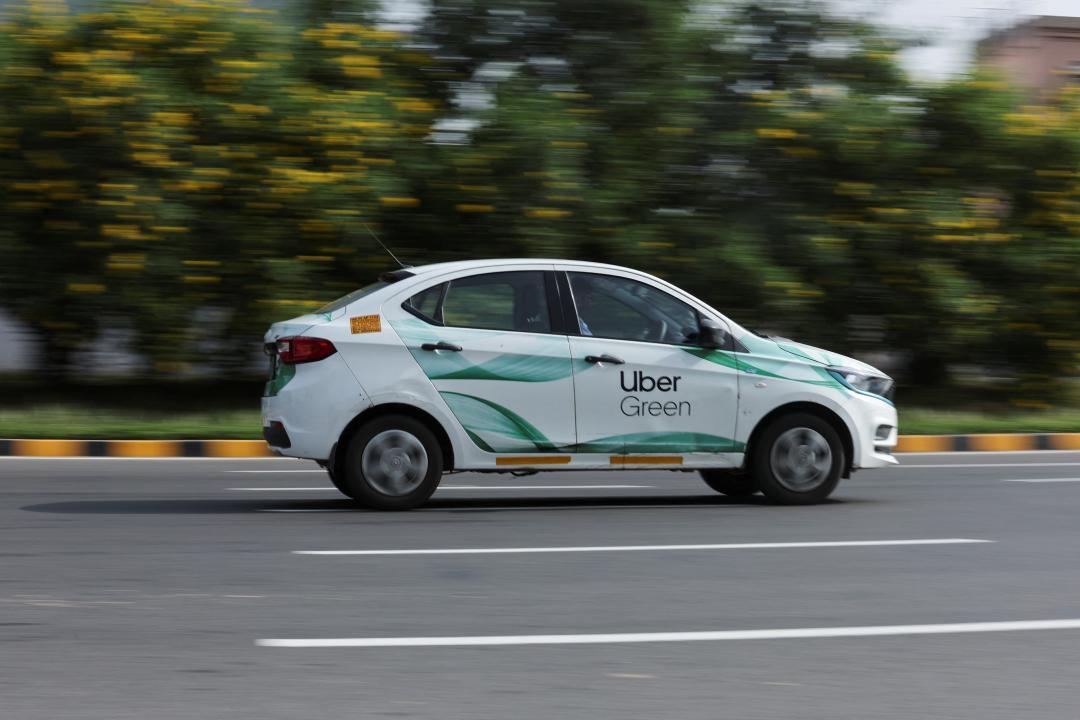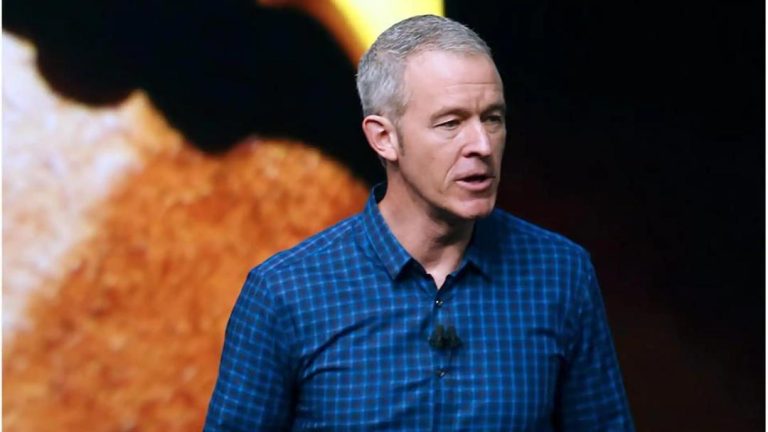
Why are Ola, Uber & Rapido drivers on indefinite strike in Mumbai?
The streets of Mumbai are witnessing a peculiar scene lately, with thousands of cab drivers from Ola, Uber, and Rapido going on an indefinite strike. The strike has resulted in longer wait times for commuters and fewer cabs plying on the roads. But what led to this unprecedented action? The answer lies in the dwindling earnings of these drivers, who are demanding a fair deal from the ride-hailing companies.
As per reports, the drivers are alleging that after deducting aggregator commissions and fuel expenses, their actual income falls to just ₹8-12 per kilometre. This, they claim, is unsustainable amid rising fuel and maintenance expenses. The drivers, who were once considered to be the backbone of the ride-hailing industry, are now struggling to make ends meet.
The strike, which began on a small scale, has gained momentum in recent days, with thousands of drivers participating in the protest. The drivers, who are united under the banner of the Mumbai Taximen’s Association, are demanding a more equitable share of the revenue generated by these companies. They are also seeking better working conditions, including a reduction in commission rates and an increase in the minimum fare.
The drivers’ woes began when the ride-hailing companies started increasing their commission rates, which they claim has resulted in a significant reduction in their earnings. “Earlier, we used to earn around ₹20-25 per kilometre, but now it’s just ₹8-12,” said a frustrated driver, who wished to remain anonymous. “We are not able to make a living with these earnings. The companies are making a huge profit, but we are left with nothing.”
The drivers are also complaining about the lack of transparency in the payment system. They claim that the companies are deducting arbitrary amounts from their earnings, leaving them with little to no profit. “The companies are deducting a huge amount from our earnings, but we don’t know what they are using it for,” said another driver. “We want transparency in the payment system and a fair share of the revenue.”
The strike has already caused significant disruptions to the city’s transportation system, with commuters forced to wait longer for cabs. The situation is particularly challenging for those who rely on these services for their daily commutes. “I had to wait for over an hour to get a cab today,” said Rohan Desai, a software engineer who uses Ola for his daily commute. “It’s frustrating, and I hope the drivers and the companies can resolve their issues soon.”
The ride-hailing companies, however, have refused to budge, citing the need to maintain their commission rates. “We understand the concerns of the drivers, but we cannot compromise on our commission rates,” said an Ola spokesperson. “We are willing to work with the drivers to find a solution, but we cannot reduce our commission rates.”
The drivers, however, are adamant that they will not back down until their demands are met. “We are not going to compromise on our demands,” said the president of the Mumbai Taximen’s Association. “We will continue our strike until the companies agree to our demands.”
As the strike continues to disrupt the city’s transportation system, it remains to be seen how the situation will unfold. Will the ride-hailing companies cave in to the drivers’ demands, or will the drivers be forced to continue their strike? One thing is certain, however – the drivers will not go back to work until their demands are met.



